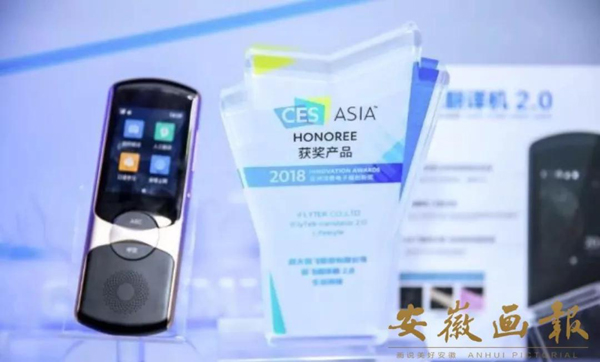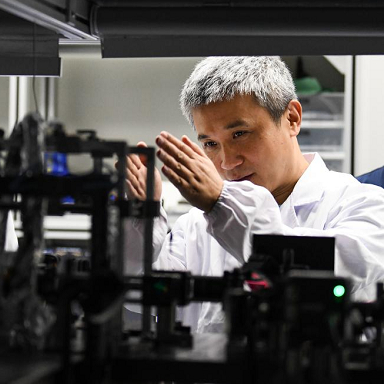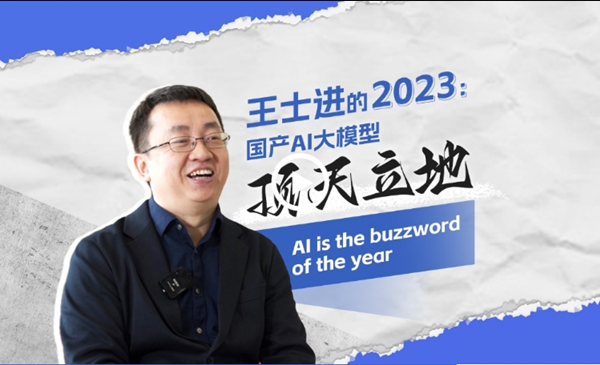Liu Qingfeng, scaling AI peaks one after another

Liu Qingfeng, founder of iFlytek, says his mission is to bring voice recognition technologies out of laboratories. [Photo/VCG]
Liu Qingfeng leads iFlytek's relentless pursuit of excellence in man-machine interaction
On May 16, via a video link, US President Donald Trump "addressed" a conference in Tianjin from Washington and floored the audience with his almost flawless Chinese.
Trump highlighted the big leaps made by artificial intelligence or AI, but what impressed the audience more was the US president's tone - his Chinese intonations, inflections and pitch were near perfect.
Well, as it transpired, the voice was not really Trump's, after all, but that of an AI-enabled voice technology developed by iFlytek Co Ltd. And, for the record, unlike his granddaughter, Trump hardly knows any Chinese.
The iFlytek technology demonstrated its speech synthesis capability - it can produce an unbelievably human-like voice. The Trump video clip showcased iFlytek's broad efforts to tap into voice computing, which is said to be the next major medium for man-machine interaction.
The man who helms the Anhui-based company is Liu Qingfeng, 45, a scientist-turned entrepreneur. Liu founded iFlytek in 1999, when he was a second-year PhD student at the reputable University of Science and Technology of China.
In 2017, MIT Technology Review, an established science magazine published by the Massachusetts Institute of Technology, released a report naming iFlytek as the smartest Chinese company. To earn the accolade, iFlytek beat well-known contenders such as Tencent Holdings Ltd, Alibaba Group Holding Ltd and Baidu Inc.

At the global level, iFlytek ranks sixth, just below fifth-ranked Alphabet Inc. Companies are selected for the honor based on their achievements in combining innovative technology with an effective business model.
iFlytek has made a name for itself with products and services like voice-based digital assistants, real-time portable translators, automated court clerks that review certain types of cases, medical robots and AI-enabled assistants to primary school teachers, with a market footprint spanning 31 provinces across China and R&D laboratories in the United States.
The company's 2017 profit was 2.8 billion yuan ($410 million) on a revenue of 5.45 billion yuan, with the commercial application of AI still in infancy.
Liu's mission to bring voice recognition technologies out of laboratories has been a long one. Almost no one believed he could succeed. In the late 1990s, the China market for voice recognition technologies was dominated by US companies such as IBM and Microsoft Corp.
Liu and his colleagues seemed to have nothing but a passion to learn and do something.
Then 26, Liu got a few of his university mates together and raised a seed fund from the university to found iFlytek. Soon, he realized being a scientist and an entrepreneur are two fundamentally different things.






